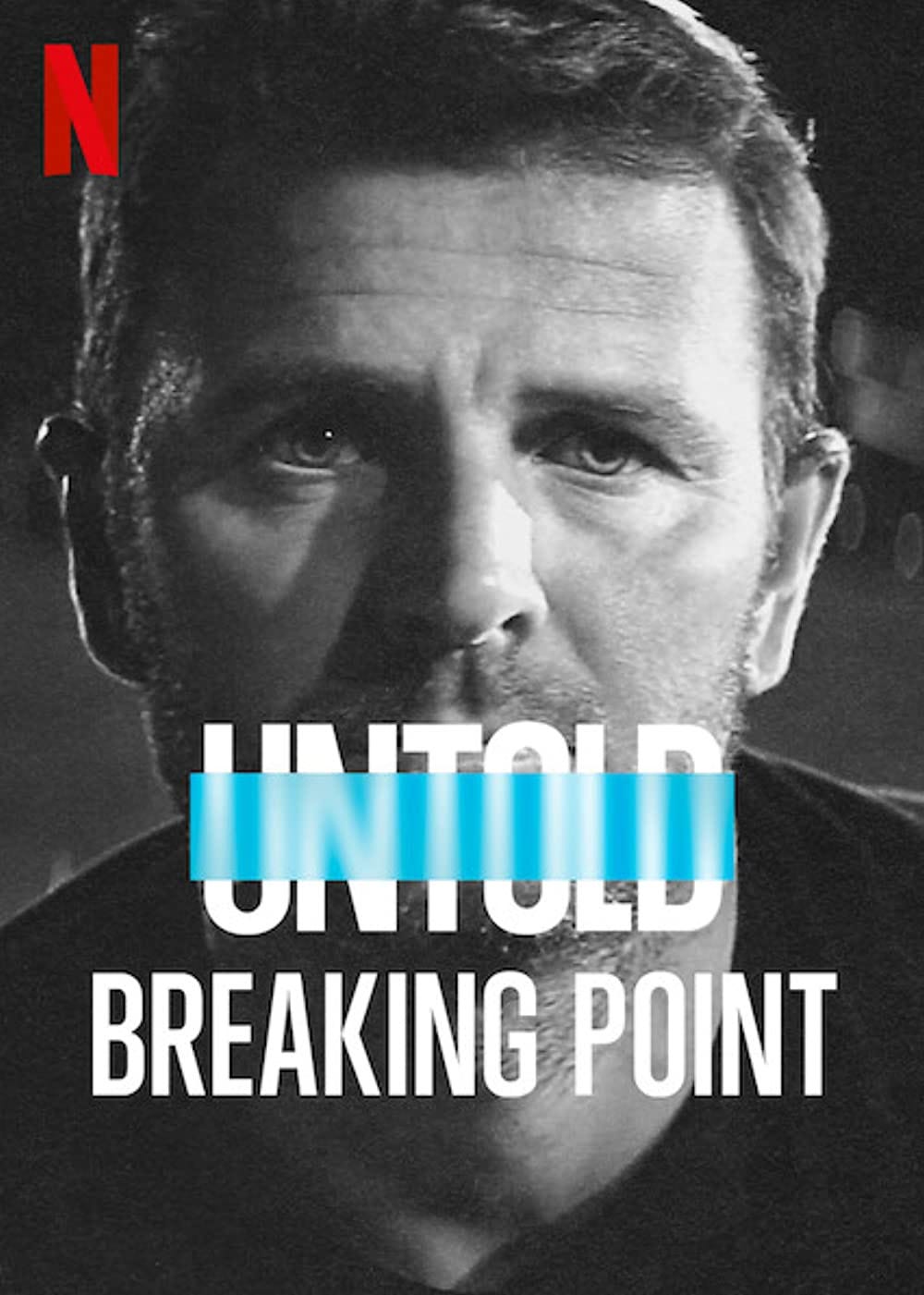More Than an Athlete
6 minute read · Issue Number 85 · September 10th, 2021
Welcome to another weekly edition of Sports-Tech Biz! Every Friday, we learn about intriguing topics related to sports, business, and technology. If you’re reading this online or in a forwarded email, sign up for the newsletter:
Friends,
A few months ago, we talked about how sports can provide positive mental health effects and that increased participation has helped a lot of people out.
However, watching Breaking Point — one of the outstanding episodes of the new Netflix series Untold — planted a question in my mind that I want to discuss with you today.
The short documentary features the story of American tennis player Mardy Fish, who faced mental health challenges that changed his life on and off the court.
While I’ll try not to spoil the content of this MUST WATCH documentary, it got me thinking: what is it about sports that is harmful to the mental health of professional athletes?
Here are my thoughts.
More Than an Athlete
Sport is a beautiful human creation that brings out to light the most distinguished qualities of our physical capabilities as a species, which creates excitement for all the involved, including both fans and competitors.
As fans, we want entertainment — we’re looking for stories, surprises, and mind-blowing achievements.
Nevertheless, sometimes, this need for entertainment – which then translates into passion and emotions – makes us forget what athletes truly are, in essence – humans.
The human species thinks rationally in similar ways and arrives at conclusions using most of the same known processes and mental models.
It would be harsh to think that professional athletes have unlocked a specific cheat code in life that prevents them from having disturbing thoughts or that they can ignore any negativity that harms their mental health.
Yet, I’m surprised by how much we overestimate athletes’ mental toughness and how much we underestimate the fragility of mental health overall.
Here’s why I think this happens:
We believe all athletes have successfully conquered mental toughness
Yes, mental toughness boosts an athlete’s ability to perform under the most extraordinary levels of pressure, but mental health is not a goal – it’s a process.
Much like being physically fit, if you stop taking care of your health and habits, you’ll eventually be unfit and unhealthy again.
Our culture rejects vulnerability
In a sexist, male-dominated society, being vulnerable is perceived as a weakness, preventing any person (regardless of gender) from speaking up and expressing their feelings.
In sports, this is emphasized due to its zero-sum format in which someone wins, and others lose – turning the competition into a status game where whoever dominates needs to be the “strongest.”
Society (and media) sets ridiculous expectations
At the highest levels, we assign the most demanding expectations to professional athletes. Now, while this may make sense in our minds, it may not be a fair expectation of specific performances.
You don’t know what they are going through at that point in time. What if a family member died just recently? What if they fought with a loved one a night ago?
Judging athletes based on a partial perspective without knowing the absolute truth is wrong, yet we still use them against them.
We don’t talk about mental health enough
Besides the amount of research that has found the true impact of anxiety, depression, traumas, and other types of psychiatric disorders, I don’t think we – as a society – talk about it enough.
In my opinion, all types of institutions — from government foundations, schools, and employers — could make a bigger effort in educating people surrounding mental health.
This, in turn, will reduce the stigma, change our perception of the topic, and support anyone – from professional athletes to regular citizens - who needs help.
The Bottom Line
We’ve seen it from Simone Biles, Naomi Osaka, Michael Phelps, Mardy Fish, and others. Athletes are starting to speak up – mental health is no joke.
As a society, we must recognize athletes are humans – just like you and me. Judging them as anything different or rejecting their vulnerability is the guaranteed formula for failure.
Learning and educating one another is the first step to overcome these issues, so I encourage you to share this article, tell me what you agree/disagree with and have productive discussions about this with your loved ones.
Together, we can change the world!
🔗 Links
Mardy Fish Can Relate to What Naomi Osaka Is Going Through; Anxiety forced Fish to withdraw from the 2012 U.S. Open. Now he is open about his mental health and works with the U.S.T.A. to provide more resources for players.
Simone Biles Rejects a Long Tradition of Stoicism in Sports; Biles was widely embraced as the latest elite athlete who had the courage to acknowledge her vulnerability.
Michael Phelps Opens Up About Retirement and Mental Health Awareness; 'I Struggle Through Problems Just Like Everybody Else'
🎙 Halftime Snack of the Week
Boosting Performance in Football
The most recent snack features Maurici A. López-Felip is the CEO of Kognia — a sports intelligence platform that conducts in-depth tactical analysis of football games through deep learning and AI technology for teams, leagues, and coaches.
The conversation covers the importance and aid of automation and technology in football, football coaches and players' behavior and decision-making process, the impact of avoiding innovation in sports, and so much more!
Listen on Apple | Spotify | Google
From the Vault
On the emoji scale, how much did you enjoy today’s newsletter?
🙄 | 😐 | 🙂 | 😃 | 🤩
Until next week,
Ronen Ainbinder
Twitter: @Ronenain
Website: ronenainbinder.com
-
Sports-Tech Biz
Twitter: @sports_techbiz
Instagram: @sportstechbiz
Read more: sportstechbiz.substack.com.
-
Halftime Snacks Podcast







